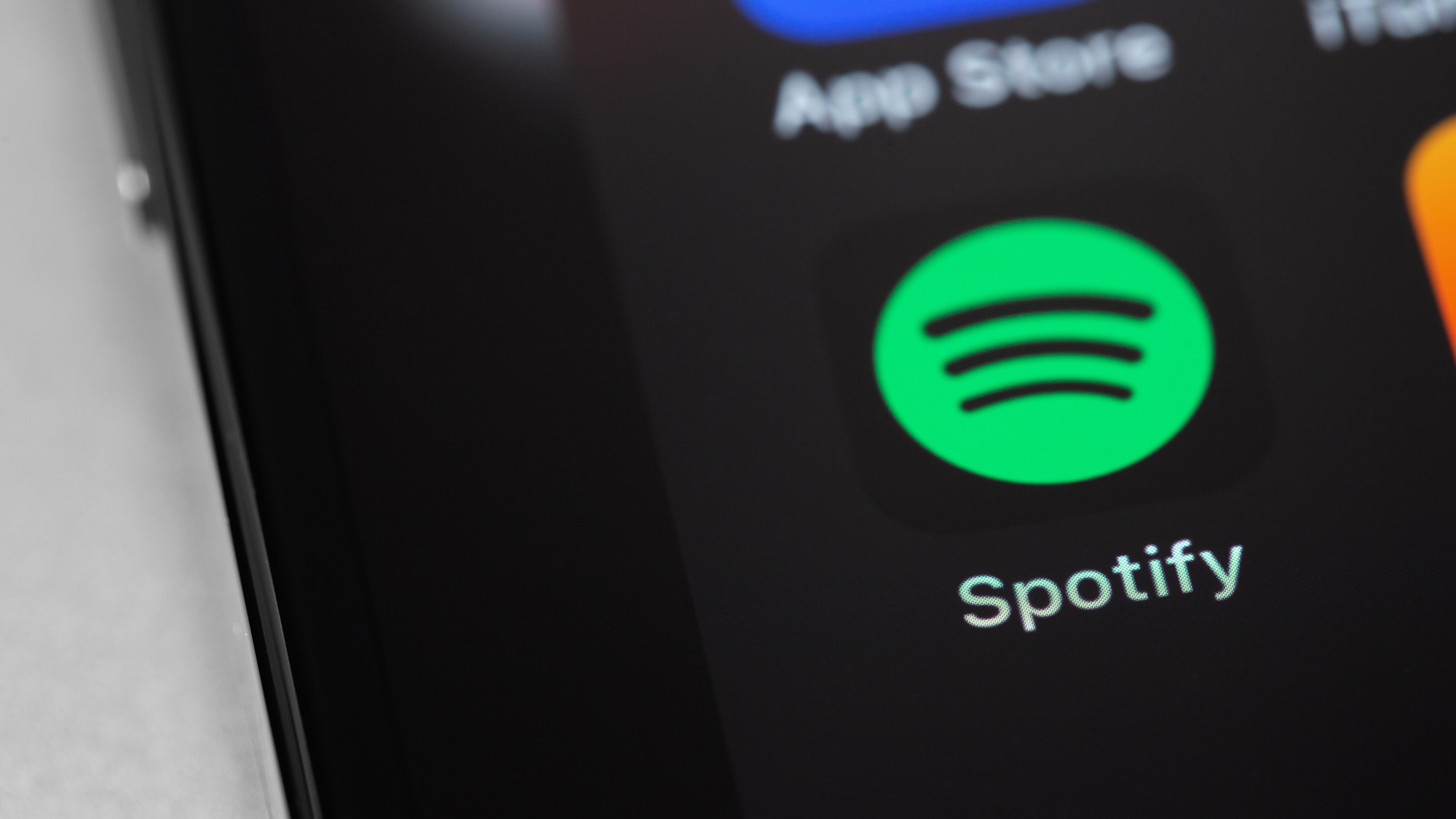

Musicians have long criticized streaming services for their abysmal revenue sharing programs. In 2021, for example, as much as 97 percent of Spotify’s over 6 million listed artists earned less than $1,000. Last year, the company announced a new system offering fractions of a cent per track, all of which is now based on even more stringent rules. But there was apparently a way to earn some real dividends from those songs—provided you have access to thousands of bots, hundreds of thousands of AI-generated songs, and are willing to risk receiving a federal grand jury indictment for wire fraud and money laundering.
That’s what a man named Michael Smith in North Carolina is currently facing, according to a DOJ announcement on September 4. Unsealed filings from US prosecutors accuse Smith of scamming digital streaming platforms including Spotify, Apple Music, Amazon Music, and YouTube Music of over $10 million in royalty payouts between 2017 and 2024. To accomplish this, however, Smith purchased “hundreds of thousands of songs that were created by artificial intelligence” from an unnamed co-conspirator, uploaded them to the music services, then eventually tasked over 10,000 bot accounts to simultaneously boost streaming numbers for each track around the clock. Both streaming platforms and music distributions companies explicitly prohibit streaming fraud through artificially boosting play and follow counts, content promotion, or the use of automated bots and programs.
While the exact amounts vary across platforms and plans, the DOJ notes that it often amounts to “less than one cent per stream.” Because of this, it allegedly took Smith’s bot army to play the trove of AI songs “billions of times” over nearly 8 years to amass the payout.
[Related: Spotify considered axing white noise podcasts to save $38 million.]
Although the bots’ streaming protocols were largely automated, it reportedly is a “labor-intensive” project to get up and running. The DOJ charges that Smith enlisted help both domestically and abroad to manually sign up bots for streaming services, usually grouped under family plans due to discounted subscription fees and using vast numbers of debit cards through a service typically reserved for issuing corporate cards. Once the revenue started to roll in, Smith allegedly then used an estimated $1.3 million to continue funding the debit cards, thus creating a cyclical system.
As far back as 2017, Smith allegedly even emailed himself a financial breakdown illustrating how the whole scheme worked on any given day. For example, 1,040 bots spread over 52 VPN-shielded cloud service accounts streaming around 636 songs per day added up to an estimated 661,440 streams every 24 hours. Estimating that an average royalty was half-a-cent per stream, Smith purportedly tallied the whole enterprise out to $3,307.20 per day, $99,216 per month, and ultimately $1,207,128 per year.
Here’s where it got even craftier—any random song racking up a billion streams would likely flag a streaming platform’s monitoring systems. But if you spread those streams out across tens of thousands of songs, each garnering only a couple of plays, then you could likely fly under the radar. Hence the alleged need for a mountain of AI-generated tracks with titles like “Zygophyceae,” “Zygophyllaceae,” “Zygophyllum,” and “Zygopteraceae” from non-existent artists such as Calliope Bloom, Calliope Erratum, and Camel Edible. And although 2017-era songs generated by AI apparently weren’t the best quality, the landscape looked very different in just a few years’ time.
“Song quality is 10x-20x better now, and we also have vocal generation capabilities,” a third party allegedly wrote to Smith in 2020. “… Have a listen to the attached [song] for an idea of what I’m talking about.”
“Keep in mind what we’re doing musically here… this is not ‘music,’ it’s ‘instant music’” another participant reportedly messaged Smith during a separate conversation, along with a winking emoticon.
The conspiracy wasn’t entirely foolproof, however. Streaming platforms apparently contacted Smith as early as 2018 regarding songs that their systems thought were either artificial and/or receiving playcount boosts. “This is absolutely wrong and crazy!… There is absolutely no fraud going on whatsoever!” Smith allegedly responded at one point via email, adding “How can I appeal this?”
Despite these occasional issues, prosecutors say the plan continued until at least February 2024. By then, Smith reportedly told a partner they managed to generate over 4 billion streams raking in $12 million since 2019 alone.
“The defendant’s alleged scheme played upon the integrity of the music industry by a concerted attempt to circumvent the streaming platforms’ policies,” FBI Acting Assistant Director Christie M. Curtis said in Wednesday’s statement.
If convicted, Smith faces a maximum of 20 years in prison per charge of wire fraud conspiracy, wire fraud, and money laundering conspiracy. As for the millions of dollars in payouts, prosecutors maintain “those funds ultimately should have been paid to the Songwriters and Artists whose works were streamed legitimately by real consumers.”
